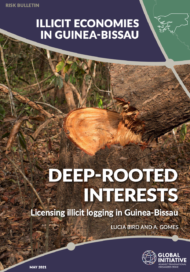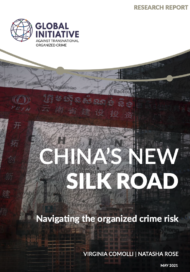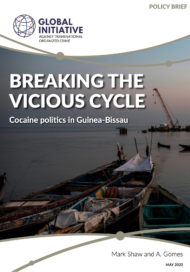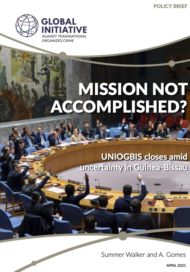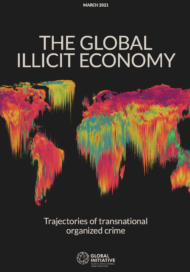Posted on 21 May 2021
The widespread devastation of Guinea-Bissau’s forests – a process coordinated by the military – was curtailed in April 2015 by the imposition of a five-year moratorium on logging exports. Now, the current government looks set to lift the ban – raising widespread concerns of a resurgence in illicit logging.
Drivers for lifting the moratorium may be linked to the powerful interests at play in the sector, both within Guinea-Bissau’s elite and those of the Chinese business community, which have long-standing links to the logging business in the country. These interests, and particularly those of Prime Minister Nuno Gomes Nabiam, were highlighted by a significant seizure of illicit logs by the Judicial Police in November 2020.
One experienced consultant with long-standing experience working on environmental issues in Guinea-Bissau suggested that the lifting of the ban is immaterial, asking:
‘Who cares about the moratorium? They keep on cutting trees with or without it, whether it is valid or not.’
In contrast, community members in regions heavily affected by logging were consistent in noting that the moratorium, though imperfectly enforced, had decreased the pace of logging activities and has had a broadly positive impact.
As concerns of a resurgence in illicit logging mount, this report explores the concerns of the communities affected by logging, the murky Zhongze wood factory, and the elite interests underpinning the sector.
